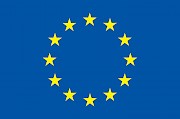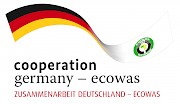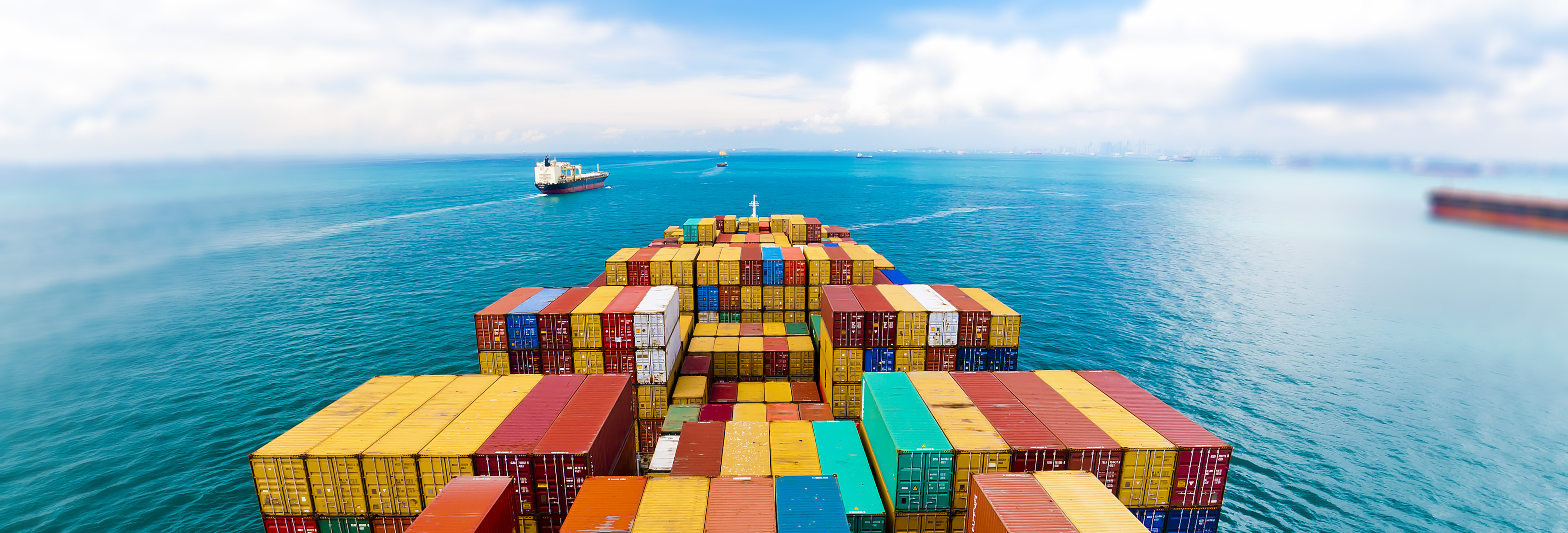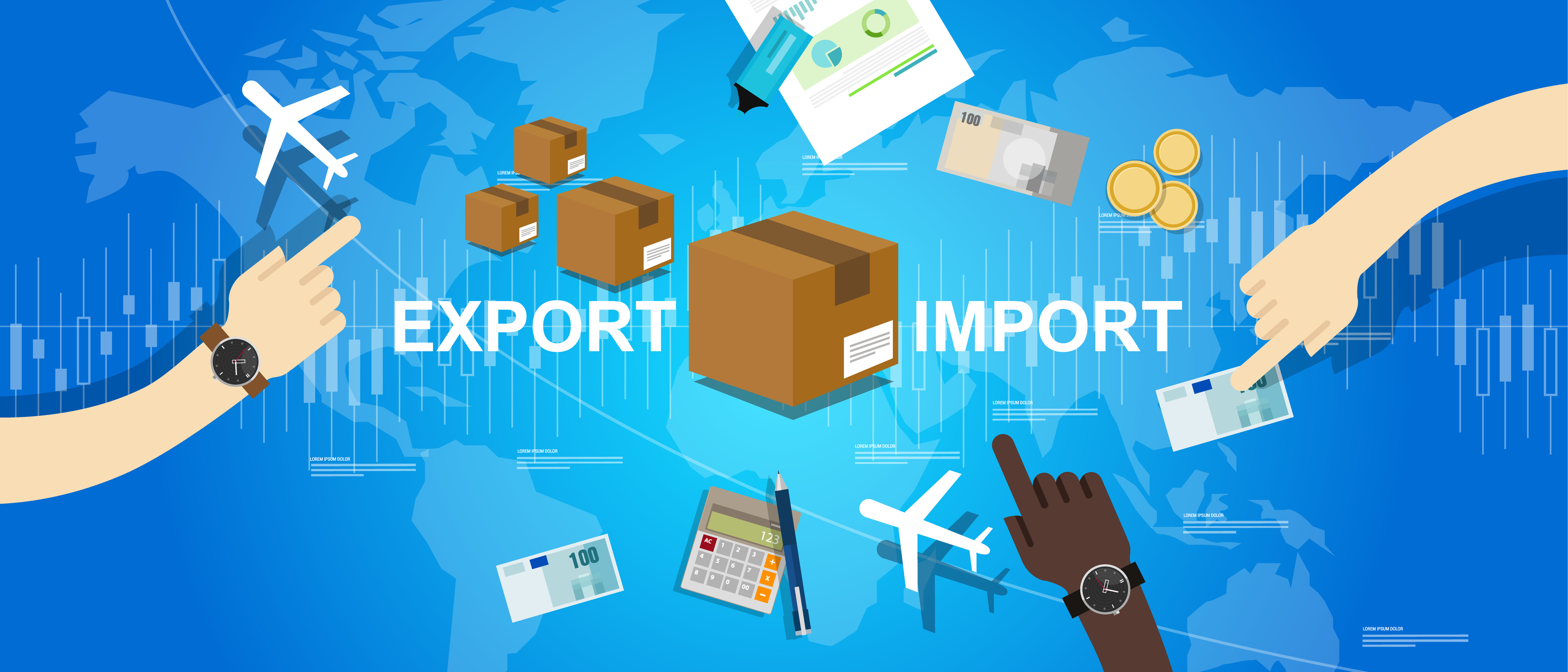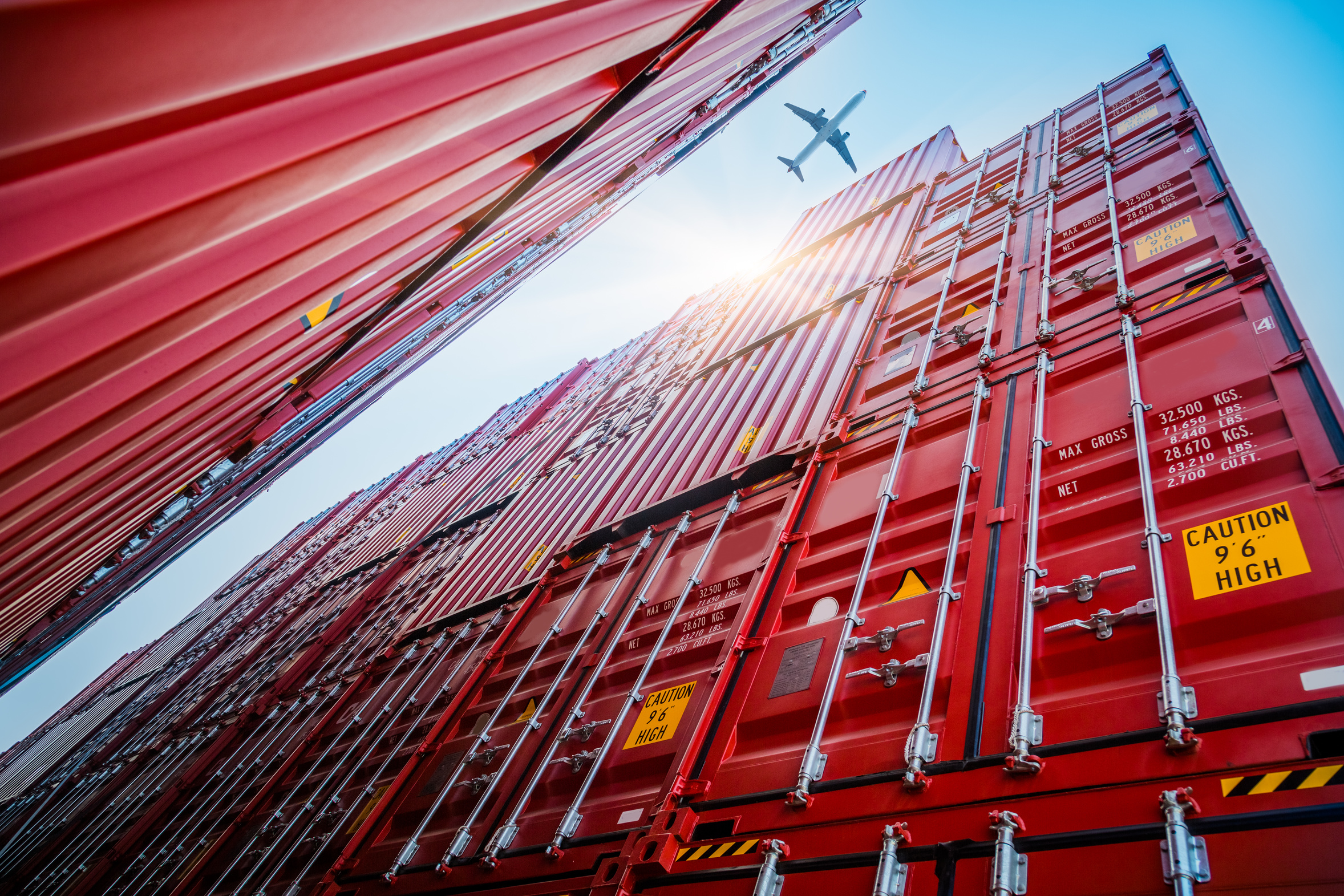Welcome to the e-Learning course (ECOWAS-EU-BMZ-UNITAR) on "WTO Trade Facilitation Agreement & Regional Trade Facilitation Rules and Regulations"
Course Title: WTO Trade Facilitation Agreement & Regional Trade Facilitation Rules and Regulations
Course Dates:
October 24 - November 25, 2016 (Course in English) | Registration is CLOSED
October 31 - December 2, 2016 (Course in French) | Register HERE
November 7 - December 9, 2016 (Course in Portuguese) | Register HERE
Course fee: None. This course is free to selected participants from ECOWAS member countries. Slots are limited, please register early. The selection of course participants will be decided by ECOWAS.
Course Introduction and Background:
The WTO members successfully negotiated the Trade Facilitation Agreement (TFA) in December 2013 at the Bali Ministerial Conference, as a part of a wider ‘Bali Package’. The domestic ratification process is currently underway, following the adoption of the Protocol of Amendments by the WTO members in November 2014. As the name suggests, the TFA contain provisions for expediting the movement, release and clearance of goods in transit, and sets out measures for faster and more efficient custom procedures through effective cooperation between customs and other appropriate authorities on trade facilitation and custom compliance issues. Interestingly, for the first time in history, the requirement to implement the TFA has been directly linked to the individual capacity of WTO member countries, and the TFA also contain provisions for capacity building and technical assistance in this regard.
This e-learning course aims to enhance participants’ knowledge and understanding of the concept of trade facilitation, its impacts on trade flows and trade costs, with a focus on the impact of TFA on developing countries, businesses and custom authorities. The course will discuss the provisions of the Trade Facilitation Agreement in clear and jargon free language, explaining how developing countries can make use of the new rules as a platform to increase trade and decrease the cost and time of exporting and thus fully integrate into an increasingly globalized production system. The course will analyse, amongst other developing country or regional examples, the case study of ECOWAS, examining various obstacles to trade in the region, the significance of trade and reducing trade costs within the region, integration of the region in international value chains and the steps that can be taken by the policy makers to best utilise the trade facilitation measures to integrate in international value chains.
A successful completion of this course will enable participants to understand how the TFA will be implemented and its impact on developing and least-developed countries (with a special focus on ECOWAS region as a case study), anaylse the obligations and procedures imposed on custom authorities, assess particular trade and transportation facilitation needs and priorities of their individual countries/regions (such as ECOWAS), and identify possible development partners and technical assistance programs available to help them meet those needs. The course is designed especially for government officials, policy makers and custom authorities, but is also open to the general public who want to understand the process of trade facilitation, the WTO TFA and also to an extend the regional trade facilitation rules and regulations.
The course is financed by a project called “Promoting West Africa Trade Integration” (WATIP), which is co-funded by the European Union and the German Federal Ministry for Economic Cooperation and Development (BMZ). WATIP is implemented by the Deutsche Gesellschaft für Internationale Zusammenarbeit (GIZ) GmbH.
